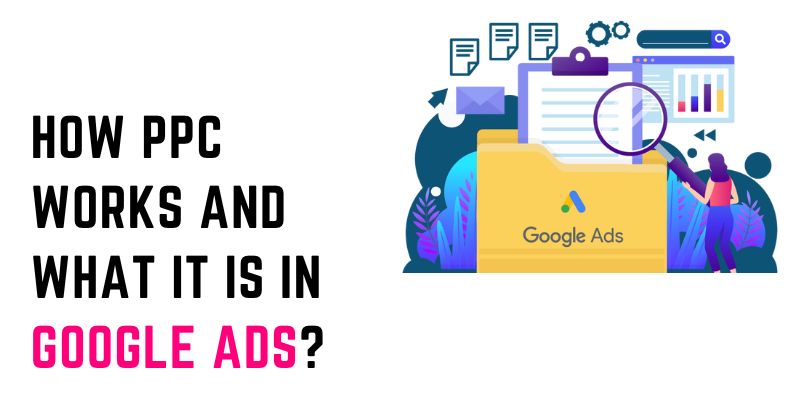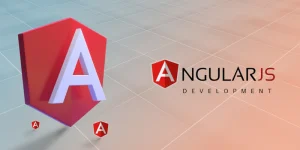
Pay-per-click, or BPC, is a type of digital advertising in which an advertiser is charged every time one of their adverts is clicked. To put it simply, you pay for specific individuals who visit your website (or landing page, or app). When PPC is done right, the cost is little because the click is worth more than you paid for it. If you want to know What is PPC, and how does it work in Google Ads? Join FITA Academy, which offers the best Google Ads Certification Training in Chennai with 100% placement assistance.
PPC advertising can be composed of text, photos, videos, or a mix of any of them, additionally, they come in various sizes formats. In addition to websites and social media platforms, they may also be found on search engines.
One of the most effective online marketing used PPC models, generally known as paid search. When users conduct a search relating to their product or service, it enables marketers to bid to post an ad on the search engine’s sponsored links.
What is Google Ads?
Google Ads is the PPC ad network that is most often utilised globally. Using the Google ad platform, businesses may create ads that appear on Google’s search results and other Google domains.
When a search is performed, Google searches through a pool of advertising and chooses a few winners to show up on the search engine results page.
How PPC works in Google Ads?
Advertisers choose a list of targeted keywords when they construct an advertisement and place a bid for each keyword. In other words, by bidding on the term “pet adoption,” you are telling Google that your ad should show up in searches for matching or pet adoption (see more about keyword match categories here).
To choose which ads should show up for every given search, Google utilises a series of calculations and an auction-style procedure. Prior to entering the auction, your ad receives a quality score from one to ten depending the effectiveness of the landing page, the predicted click-through rate, and the relevancy of the keywords in your ad.
Your Quality Score is multiplied by your maximum bid (the most you’re willing to spend to click that ad) to determine your ad rank. Ads with higher AdRank ratings will appear.
This technique enables profitable advertising to reach potential clients at a cost that is within their means. In essence, it resembles an auction. FITA Academy provides the best Google Ads training. Learn at Google Ads Online Course with experts’ help and career guidance.
How to do effective PPC keyword research
Although keyword research for PPC can take an enormous amount of time, it is also essential. Keywords serve as the foundation of your whole PPC campaign, and the most successful Google Ads Marketers constantly improve and increase their PPC keyword strategies.
- Relevant: Of course, you don’t want to spend money on clicks that won’t result in sales. Therefore, the keywords you bid on should have a direct connection to the offers you’re making.
- Exhaustive: Long-tail keywords should be used in addition to the most well-known and commonly searched terms when conducting keyword research. Although they are less general and more particular, they still make up the majority of search-driven traffic. They are also less expensive since they are less expensively competitive.
Expansive: PPC will resume operation. Your campaigns should be continuously improved and expanded, and you should foster a dynamic environment where your keyword list is continually expanding.

